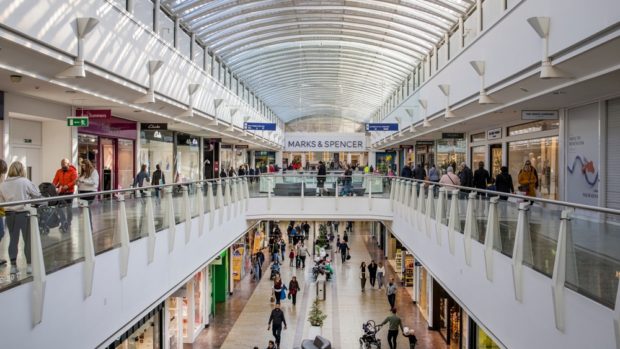
Almost three-quarters (73 per cent) of UK consumers want online apparel orders to be shipped from the store closest to them to limit the environmental impact of deliveries while providing the fastest fulfilment service, according to the latest research from Centra, a specialist fashion brand eCommerce platform.
Original research of 1,000 UK consumers in Centra’s latest report What UK Shoppers Want from Fashion Brands in 2024 shows consumers are laying the environmental challenges of sustainability vs speed and price vs environmental impact within the online shopping journey at the feet of retailers.
While nearly half (46 per cent) of respondents want to be able to return items for free, despite the environmental and cost impacts, the majority (72 per cent) of consumers say fashion retailers’ sustainability claims need to be backed up by meaningful actions and results. A further 70 per cent of respondents argue fashion retailers should do more to offset their carbon footprint and believe technology should be used to bridge the gap.
72 per cent of consumers want brands to use their store networks to process online orders and returns to limit their environmental impact while providing the fastest delivery or refund service. A further 68 per cent want retailers to utilise inventory management technology to allow them to process product returns in-store and use these returned items to fulfil new orders locally to limit carbon emissions.
With eCommerce logistics-related carbon emissions in the largest urban areas worldwide forecast to hit around 25 million CO2 metric tonnes by 2030 and Statista confirming the most returned online purchase in the UK by category is clothing (28 per cent), conventional eCommerce models aren’t sustainable long-term.
Martin Jensen, CEO at Centra commented: “eCommerce traditionally suits online multi-brand retailers shipping from a few huge warehouses and doesn’t effectively utilise existing retail or store networks, which is both environmentally negligent and logistically inefficient.
“What we increasingly see in our client base, which predominantly consists of fashion brands, is that they are now looking to use bricks-and-mortar stores as powerful fulfilment hubs. Brands are creating an enhanced infrastructure for global deliveries by turning stores into “micro-warehouses” and using stock in these physical stores to route shipments for online orders intelligently and sustainably. As a backup, the item is reserved from the main warehouse in case local stores can’t fulfil the order, and returns can also be processed in-store, so the customer gets what they want in a faster, more sustainable way.
“This operating model creates a healthier, more holistic business that delivers a huge service and sustainability win, helping brands better meet customers’ delivery and returns experience demands,” Jensen concluded.
By demographic just 27 per cent of Gen Z consumers expect free returns, increasing by generation to 30 per cent of Millennials, 46 per cent of Gen X respondents and 65 per cent of Baby Boomers.








Share